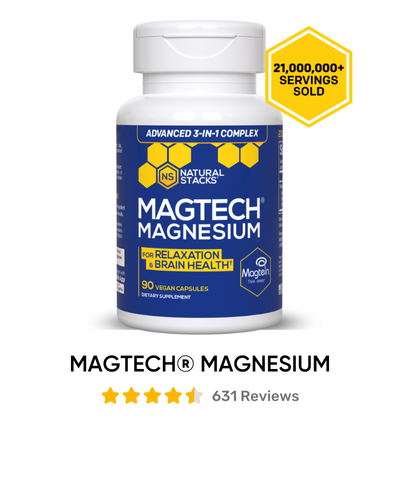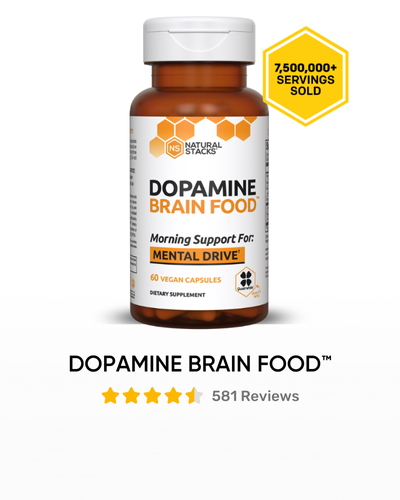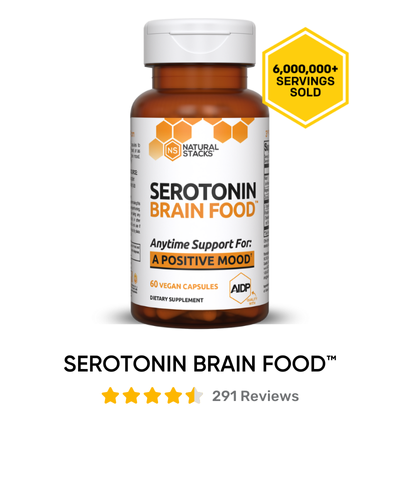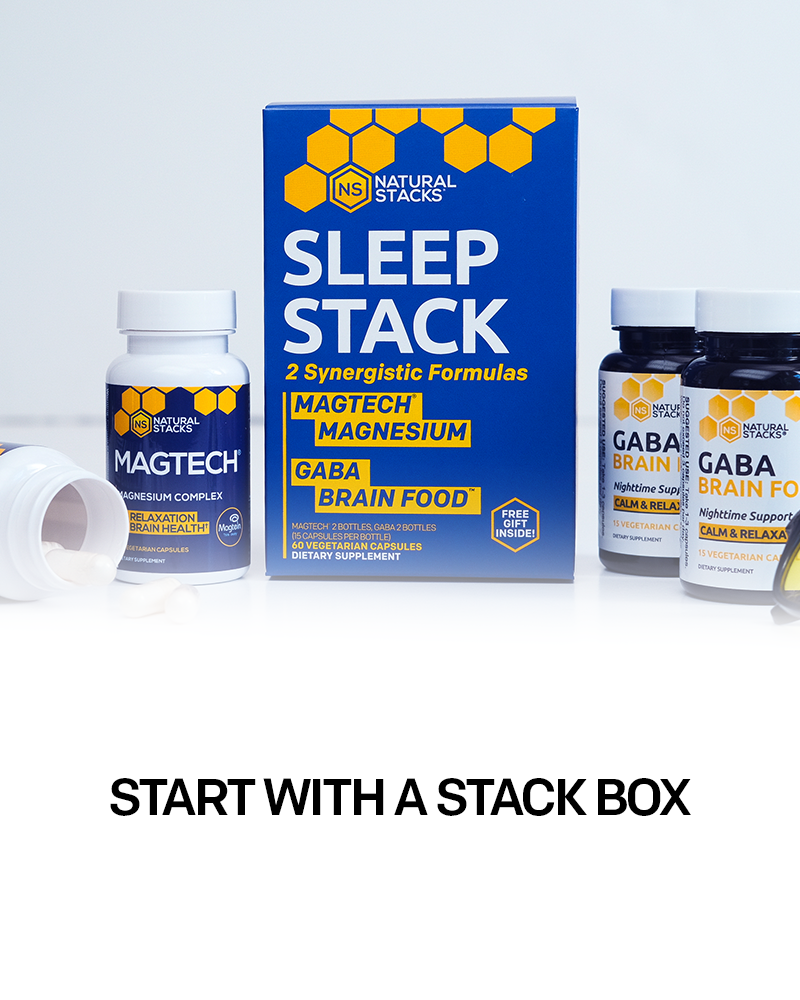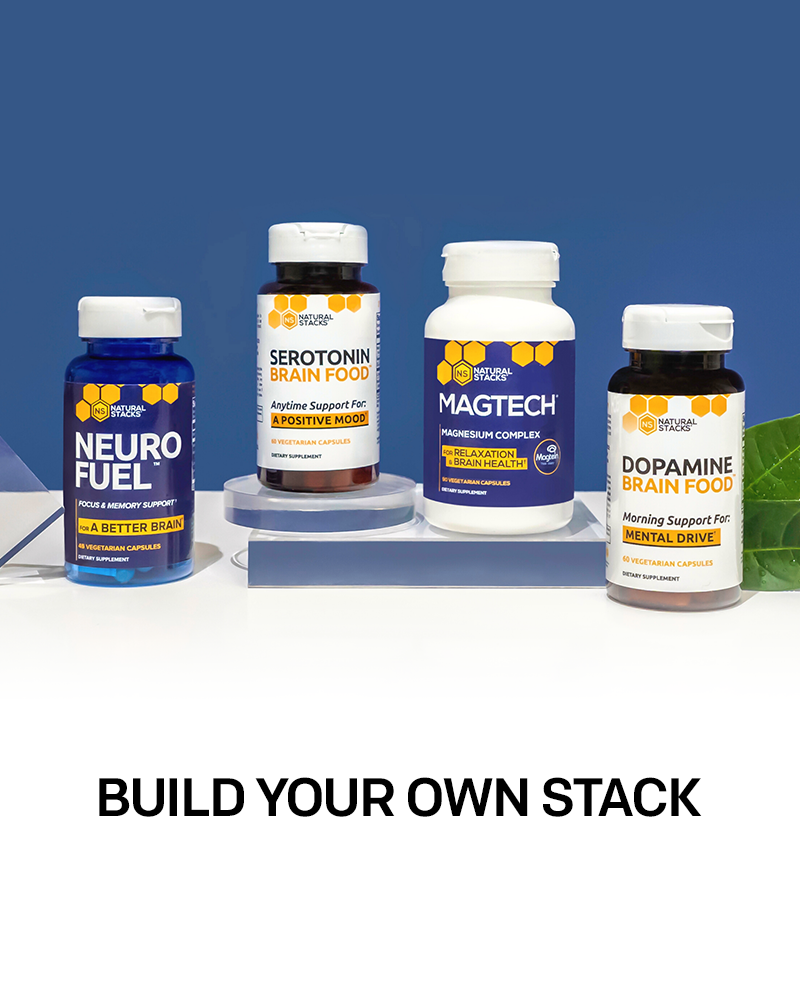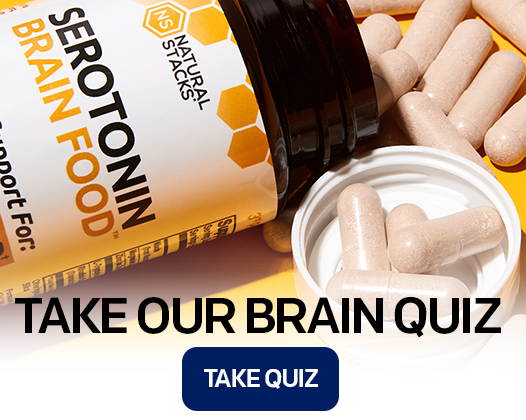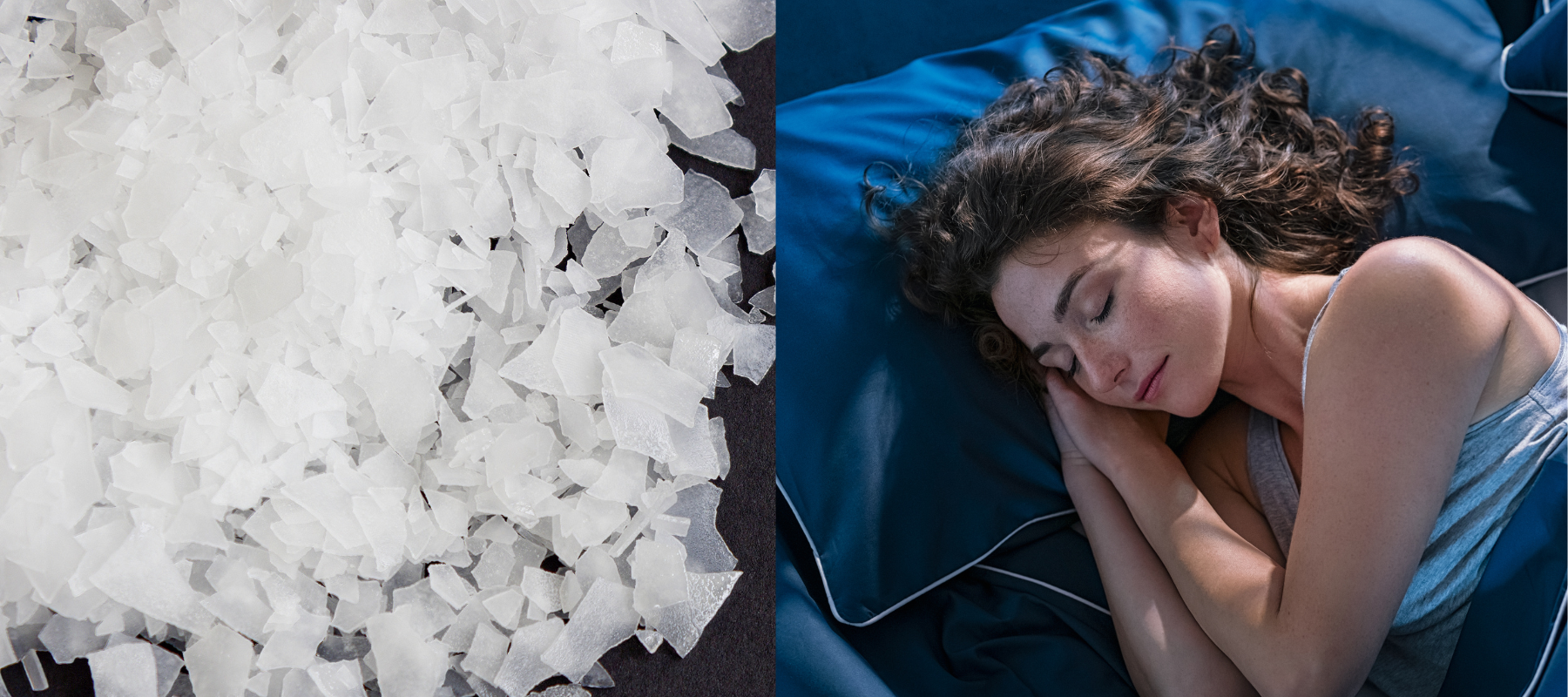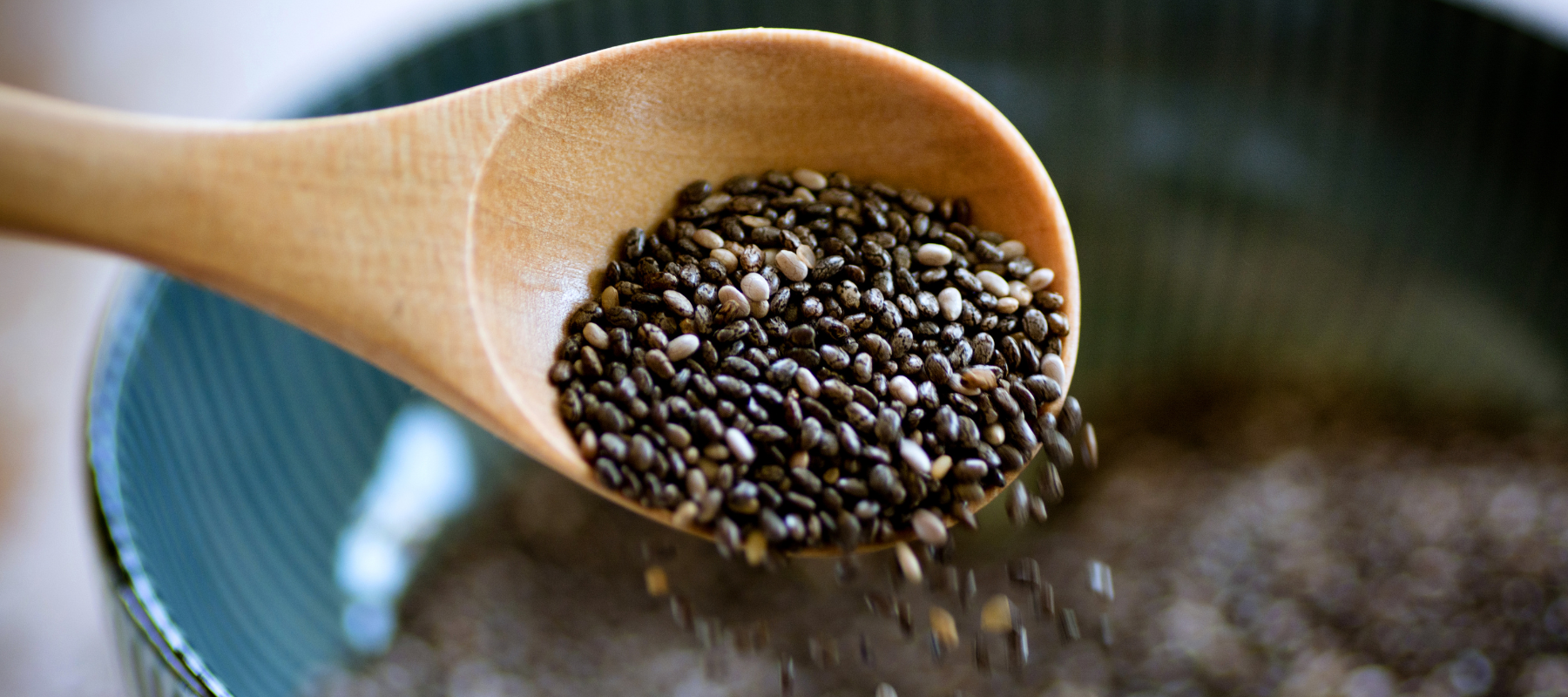Serotonin vs. Dopamine
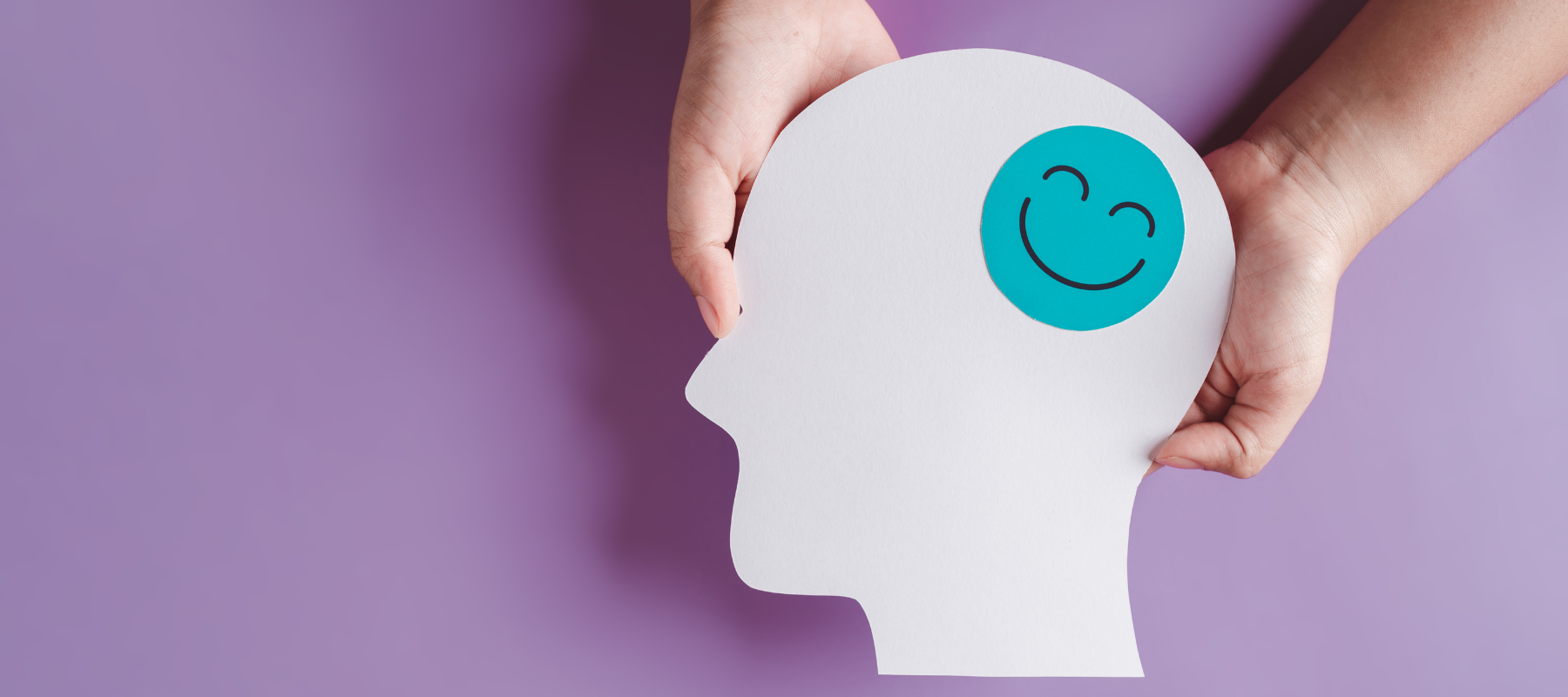
Ever wonder what fuels your mood, happiness highs, or moments of calm? It’s all happening inside your brain, where chemical messengers work tirelessly to shape how you feel, think, and act. These messengers are called neurotransmitters.
Thanks to this internal chemistry, you may feel calm, alert, or relaxed at different moments. By understanding how these neurotransmitters work, you can support your happiness, mental motivation, and more.
Let’s dive into these powerful neurotransmitters and explore how your brain’s chemistry shapes the way you feel.
The 2 Popular Neurotransmitters
Dopamine and serotonin are both main neurotransmitters. These regulate the nervous system and control countless functions and processes in your body, from sleep to motivation.*
Serotonin and dopamine play key roles in regulating mood, motivation, and other bodily functions.*
Serotonin is often associated with mood regulation, appetite, sleep, and feelings of well-being. It also creates a greater sense of calm.*
Dopamine, on the other hand, is linked to pleasure, reward, motivation, and movement.* Dopamine also helps with mental drive and attention.*
While they do have some overlapping benefits, their specific functions and pathways in the brain differ considerably.
First, let us understand the dopamine vs. serotonin difference. Then, we’ll take a deep dive into the various influences on the brain.
|
Serotonin |
Dopamine |
|
An inhibitory neurotransmitter |
An excitatory and inhibitory neurotransmitter |
|
Regulates mood and well-being* |
Regulates motivation and attention* |
|
Associated with feelings of happiness and calm* |
Associated with feelings of rewards, motivation, and being productive* |
|
Contributes to sleep and digestion* |
Important for normal movement and balance* |
What is Serotonin?
Serotonin is a neurotransmitter made in the central nervous system (CNS). Serotonin has been given the scientific name 5-hydroxytryptamine (5-HT). It’s part of the monoamine group, which contains amino acids.
How is Serotonin Made?
Serotonin is made from a precursor called l-tryptophan. This amino acid then creates 5-HTP, and finally that’s converted into serotonin. Along the way, important cofactors and nutrients support the process – like magnesium and zinc.*
What is Dopamine?
Dopamine is also a neurotransmitter found in the CNS. Like serotonin, this is a monoamine neurotransmitter, meaning it is derived from amino acids. Dopamine is both an excitatory and inhibitory neurotransmitter. For this reason, it has many more effects in the brain.
Dopamine is primarily associated with feelings of pleasure, such as the satisfaction someone may feel from achieving a goal. It plays a role in the movement system of the body, as well as general mental attention and motivation.*
How is Dopamine Made?
Dopamine production already within normal levels begins with amino acids called l-tyrosine and l-phenylalanine.* These turn into L-DOPA. Then along the way, co-factors and nutrients like TMG, vitamin C, and vitamin B12 support the production cycle.* Finally, you’re left with dopamine!
The brain maintains levels of neurotransmitters like dopamine and serotonin to support our well-being. However, it’s important to know that the action of these chemical messengers can absolutely transform how you feel.
By supporting the production process of dopamine and serotonin, you can in turn support your mood, mental motivation, and attention.*
Keeping such neurotransmitters within healthy limits is just a matter of giving your brain the proper nutrients – which we often don’t get enough of from food.
Ingredients for Your Neurotransmitters*
B12 - Methylcobalamin
Supports cells in the synthesis pathways for dopamine.*

Folate
Folate is another cofactor nutrient that helps our brains convert L-tyrosine into L-DOPA, and then into dopamine.*

TMG
TMG donates methyl groups in chemical reactions, which is essential for the synthesis of many neurotransmitters, including dopamine.*

Rhodiola Rosea (root) extract
Rhodiola Rosea may support mental well-being, alongside the production of serotonin.*

L-Tryptophan
This is a precursor for serotonin.* Your brain needs adequate levels of L-tryptophan to produce this neurotransmitter.*



